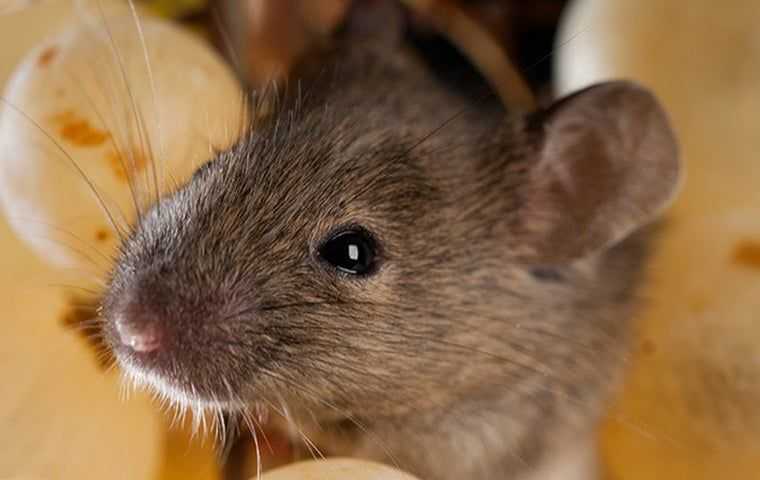Why Mice Are Such A Big Problem In Your Fort Lauderdale Home

Florida is a beautiful state for both its people and its rodents. As a result, mice infestations are common throughout Fort Lauderdale. Rodents, specifically the common house mouse, can cause serious problems if you let them make a home out of your Fort Lauderdale property. You might be wondering how mice got into your home or business, as it’s hard to imagine where these pests come from. Let’s talk about how house mice end up in Fort Lauderdale homes, why they are such a big problem, and how you can keep rodents out of your Fort Lauderdale home in the future.
Common House Mouse Identification Guide
The common house mouse is one of Fort Lauderdale's most common infestations. These rodents are everywhere, but just because Florida residents experience house mice often, that doesn’t make them any less dangerous.
The common house mouse grows anywhere between 2-4 inches and ranges from gray to brown or black. House mice have rounded ears, plump bodies, and four feet with dexterous toes. They are considerably smaller than other rodents, which helps them hide in your home.
You might be inclined to think that house mice are cute, at least compared to other rodents. Make no mistake: house mice are dangerous to have in your home or business.
Why House Mice Are Dangerous
House mice are considerably less cute when you know about all the different diseases they can transmit. These pests pick up pathogens from the various places they forage, including alleyways, dumpsters, trash cans, and bus stops.
Those pathogens are then transmitted when the mouse gets in your house, spreading through various pathways. A house mouse might contaminate your food if it gets into your pantry, or it might contaminate your floor wherever it leaves its urine and feces. House mice can even spread certain diseases simply by running through your home.
Common diseases spread by house mice include:
- Salmonella
- Giardia
- Leptospira
- Bartonella
- Tularemia
- Hantavirus
How Did These House Mice Get Inside?
Why do mice infestations happen in Fort Lauderdale Florida? It’s usually because of two factors: mice had an incentive to get inside, and they found a way to do so.
Mice are attracted to homes that provide both food and shelter. If your pantry is unlocked, your trash is unsecured or your food is left out overnight, mice can smell it from far away. Then, they sneak inside either through cracks in your masonry or through an open door when you’re not looking.
These reasons, combined with the large rodent population in Florida, makes it easy for house mice to infest countless Fort Lauderdale homes. House mice have no place in your Fort Lauderdale property. So, why are they so hard to get out?
How To Remove House Mice From Your Fort Lauderdale Home
A house mouse infestation is incredibly hard to get rid of. These pests are sneaky and can fit in very small crevices, making them hard to find. Additionally, house mice reproduce with great speed: one mouse can have a litter of 6-11 pups, and it only takes a few months for those pups to reach reproductive age. By reproducing quickly and hiding very well, mice can survive DIY exterminations, because traps and poisons don’t kill the entire population.
The only way to get rid of a mouse problem is with the help of local pest professionals. The pest experts at Native Pest Management have years of experience dealing with pests in Fort Lauderdale homes. Reach out today, and we’ll make sure these pests keep their diseases far away from you.
Learn more about our rodent control, and more pest control offerings in Fort Lauderdale, FL.
